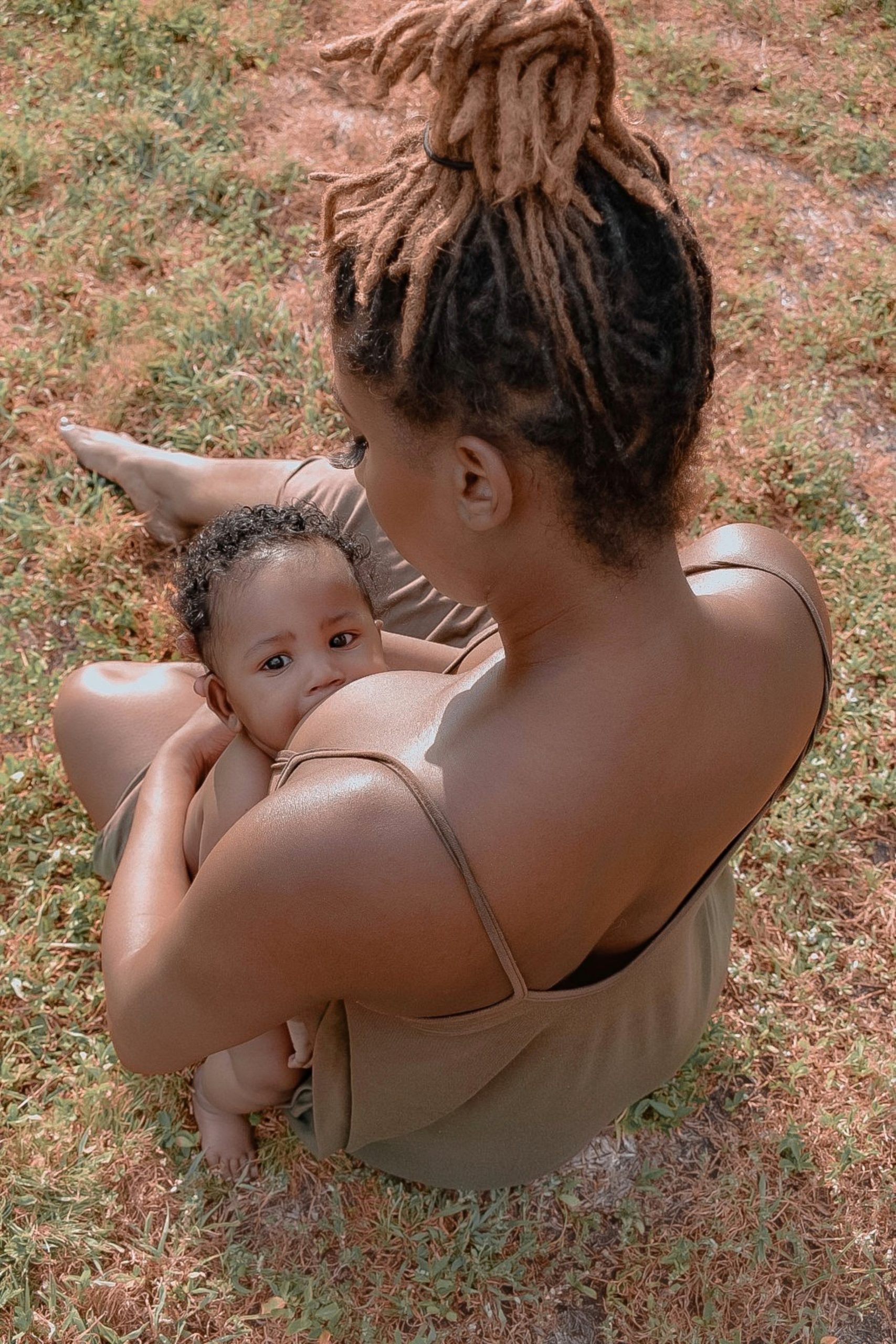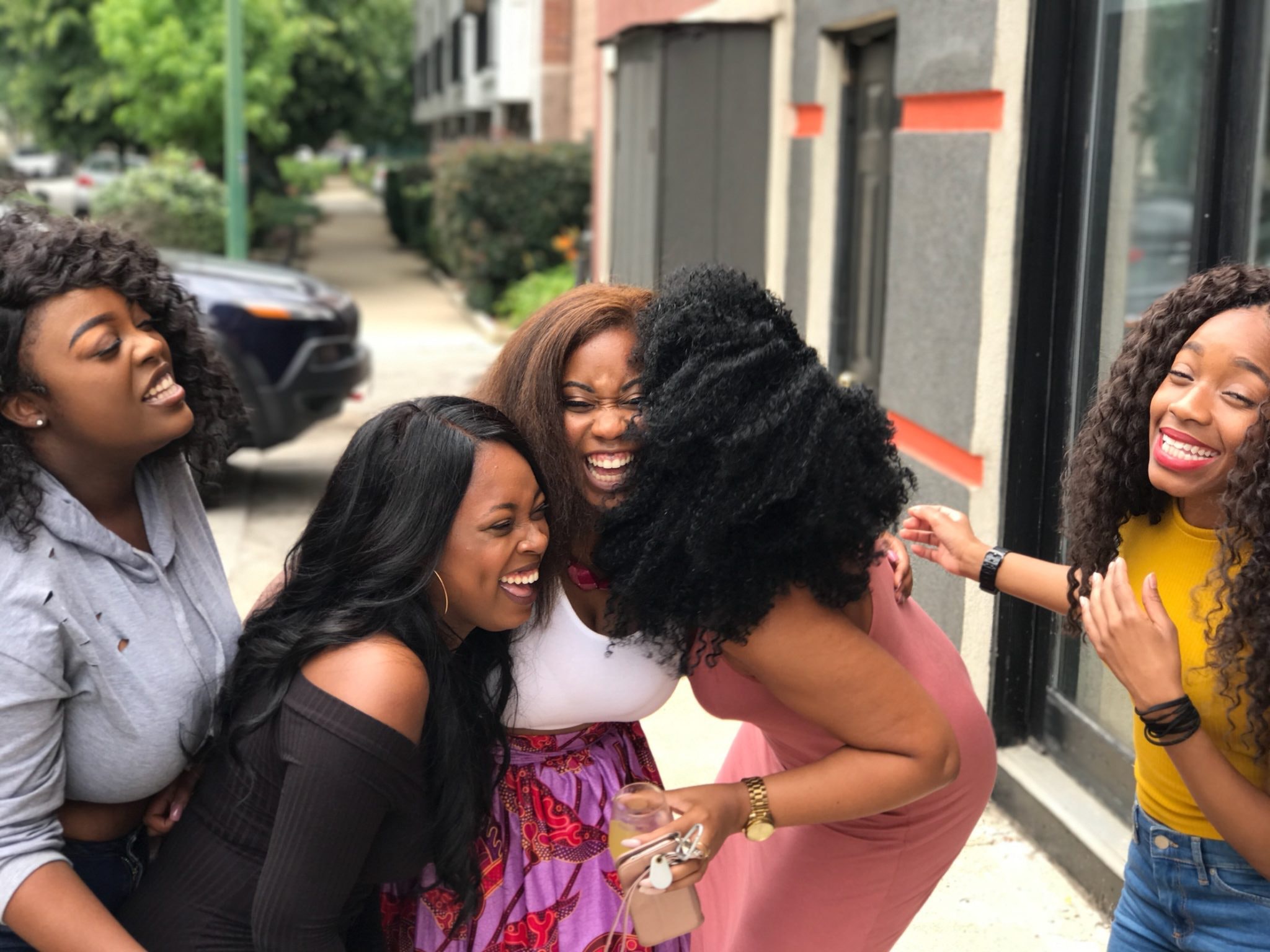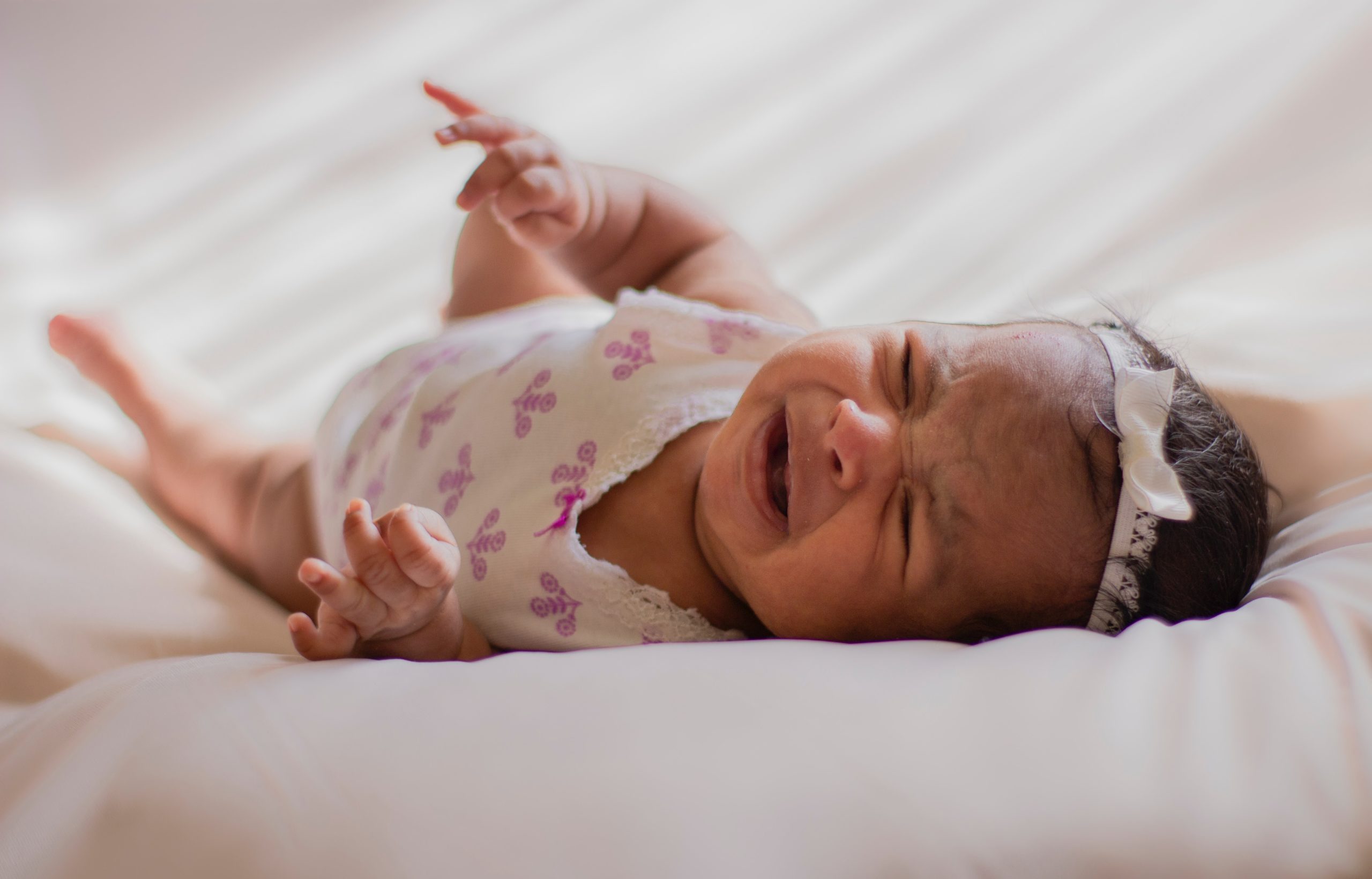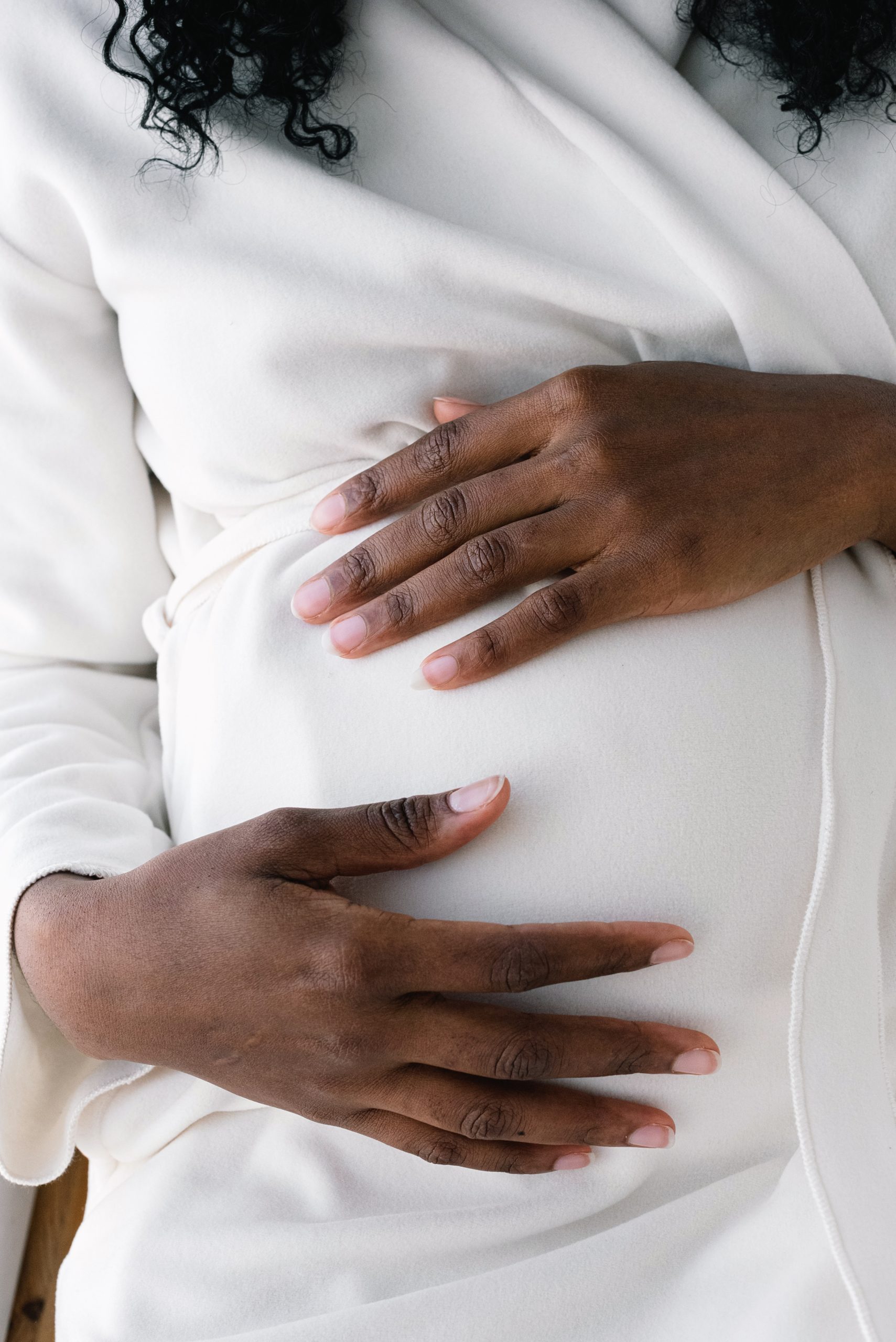Having a child is a blessing to many women. But not every woman can relate. Instead, more and more childfree women are choosing NOT to have kids — and for good reason.
A Woman’s Role Throughout History
Throughout history, women were expected to become mothers. Many people believed that a woman’s primary role in life was to bear children. Because of this, choosing to be childfree wasn’t really a thing. Instead, women who didn’t or couldn’t have children were often shunned by society. Not to mention, Black women were forced to raise White babies AND their own during slavery.
But not every woman wants to be “barefoot and pregnant.” Some just want to be cool aunties. Others don’t want to have anything to do with kids at all. And that’s okay, too.
Because fortunately, as time passes, perspectives about a woman’s role have started to change. And as a result, more childfree women are finding the courage to say no to having kids.
The Rise of Childfree Women
According to a 2022 survey from the Pew Research Center, almost half (44%) of participants admitted that they aren’t likely to have children. And that number is steadily growing. In 2018, only 37% of participants admitted to not wanting children, a seven percent drop in just four years.
Now more than ever, women have the opportunity to decide what’s best for them. And while children are a blessing to many women, what works for one doesn’t always work for another. Here are six reasons why more and more Black women are opting to remain childfree:
Children are Expensive

Let’s face it, having a child is expensive whether you want children or not. According to data from Brookings, in 2015, the cost to raise a child in a two-parent, middle-income household was $310,605. And when you factor in saving a minimum of $22,690 for college, that number could skyrocket even higher.
Brookings also reports that only 46.4 percent of Black families own a home compared to 75.8 percent of their White counterparts. But unfortunately, when it comes to raising a child, housing is the largest expense.
Food is the second largest expense, taking up more than a quarter of the household income. And childcare is third, coming in at 14-29 percent of the household income. Plus, with inflation pointing to a possible recession looming around the corner, many Black women are finding it wise to save their coins instead.
The Struggle To Breastfeed is Real

Breastfeeding is an important part of motherhood. It helps a mother bond with her child while providing them the nutrients they need to grow strong and healthy. But unfortunately for many women, the struggle to breastfeed is very real.
According to a survey from What to Expect, more than half (59%) of mothers admitted that breastfeeding was more challenging than expected. And even though a whopping 97% of participants revealed that they seek breastfeeding support, 12% said they tried to breastfeed but couldn’t.
The survey also states that since the COVID-19 pandemic, the demand for baby formula has risen, causing a shortage in stores. And as a result, most of the women surveyed admitted to feeling higher levels of stress in their search for help.
They Just Don’t

Throughout history, women have always been expected to become mothers. And even though perspectives are shifting, women are still fighting for the option to say no.
“When are you going to have a baby?” “You’re not getting any younger.” “Who will take care of you when you get old?” “Who’s going to give me grandchildren?” These are a handful of the questions and comments that many women hear from their loved ones pressuring them to have a baby.
When this happens, you might engage in heated exchanges with loved ones or just avoid family gatherings altogether. But it’s perfectly fine to say ‘no’ to having kids. In fact, having a child when you don’t wish to become a mother can bring about heartache and resentment for both you AND your child.

Plus, it’s okay to just not want them. Maybe you’d prefer to travel the world. Or perhaps you want to scale your career. You might wish to use your money on other things. Or, maybe you just don’t like getting up early.
Either way, your decision to remain childfree is yours to make. And you don’t owe anyone an explanation for it. Because as the saying goes, “No is a complete answer.”
The Future is Concerning

The fear of the unknown is one of the most common fears in the world. It also remains one of the top reasons why women are choosing to remain childfree.
Morgan Stanley analysts report that the “movement to not have children owing to fears over climate change is growing and impacting fertility rates quicker than any preceding trend in the field of fertility decline.”
And with regular reports of flash floods, extreme heat waves, and melting caps, we can certainly understand why.
Perhaps you worry about how bringing a child into an overpopulated world will affect the environment. Or maybe you’re concerned about how the extreme weather could impact your future child. Whatever the reason, many women are choosing to remain childfree to protect themselves and the world around them.
The Maternal Mortality Rate is Too High

For some lucky women, labor and delivery is a quick and relatively painless process. But for the majority of mothers, not so much. From vaginal tears to excessive bleeding, childbirth can seem downright scary. And for Black women, that reality can be even worse.
The CDC reports that Black women are three times more likely to die from pregnancy complications that White women. Even celebrities such as Cardi B and Serena Williams have opened up about their difficult pregnancies.
In a personal Vogue essay, Beyonce shares her experience. “I was 218 pounds the day I gave birth to Rumi and Sir. I was swollen from toxemia and had been on bed rest for over a month. My health and my babies’ health were in danger, so I had an emergency C-section.” She says, adding, “I was in survival mode and did not grasp it all until months later.”
Dating is Harder

Look, the dating landscape is pretty trash. Many women are finding it more challenging to find a suitable partner to date, let alone start a family with. Because of this, more and more women are choosing to remain single and carefree.
According to the United State Census Bureau, marriage rates have been steadily decreasing for decades — especially in the Black community.
In 2020, nearly half (47.5%) of Black women were unmarried, while 51.4% of Black men were unmarried.
Of course, marriage isn’t the end goal for every woman. And many women who do want children are choosing to have them with or without a man’s help. But for the women looking to parent with a partner, the lack of dating options is enough to put them off having children altogether.
